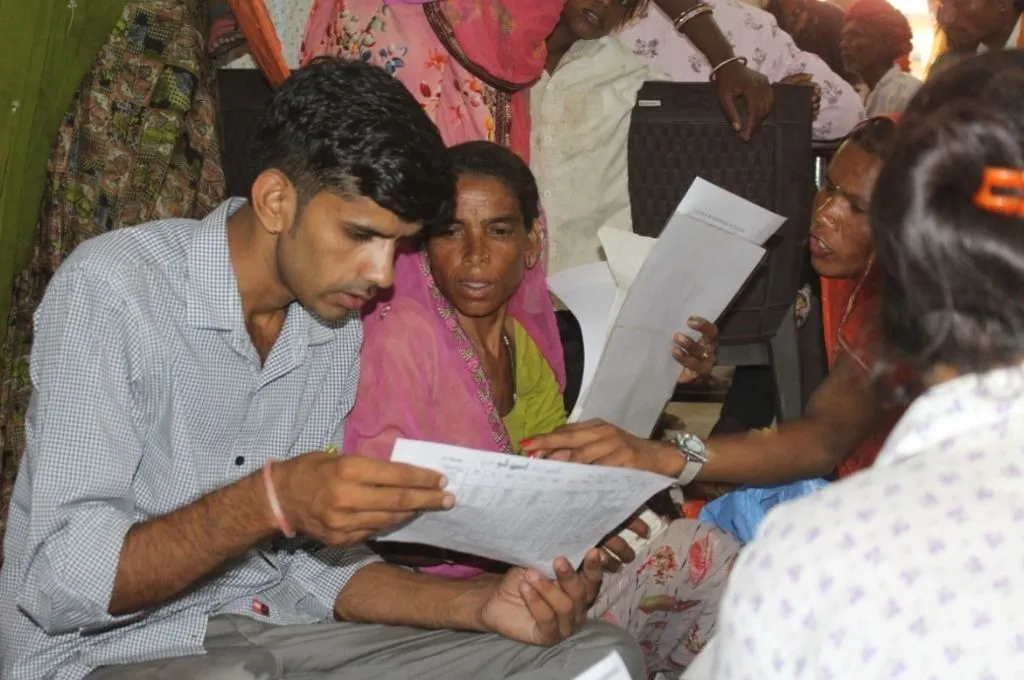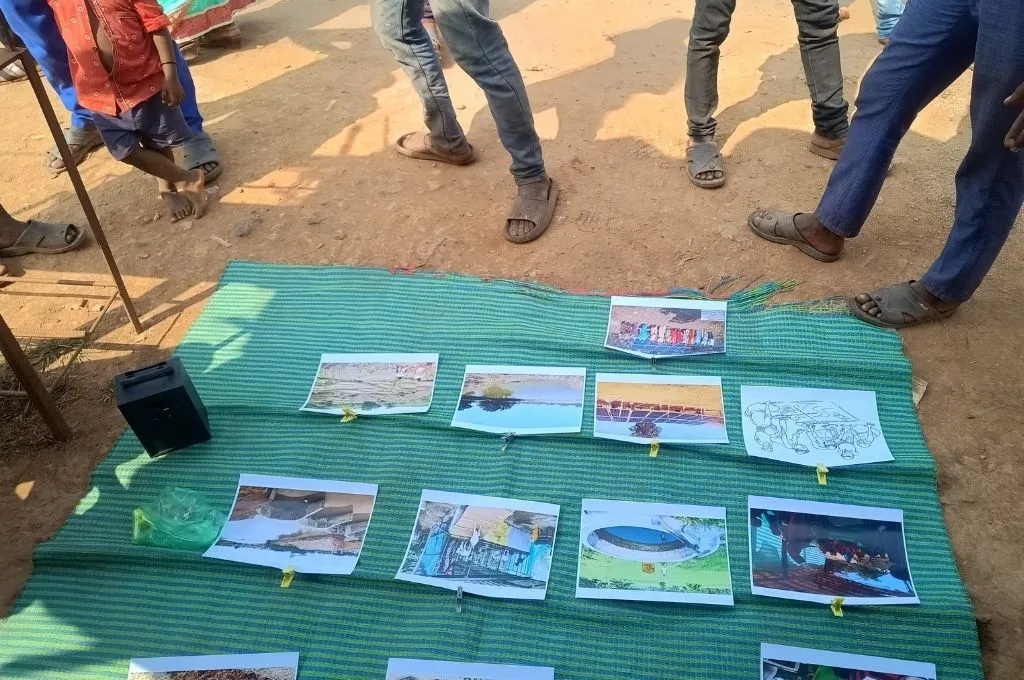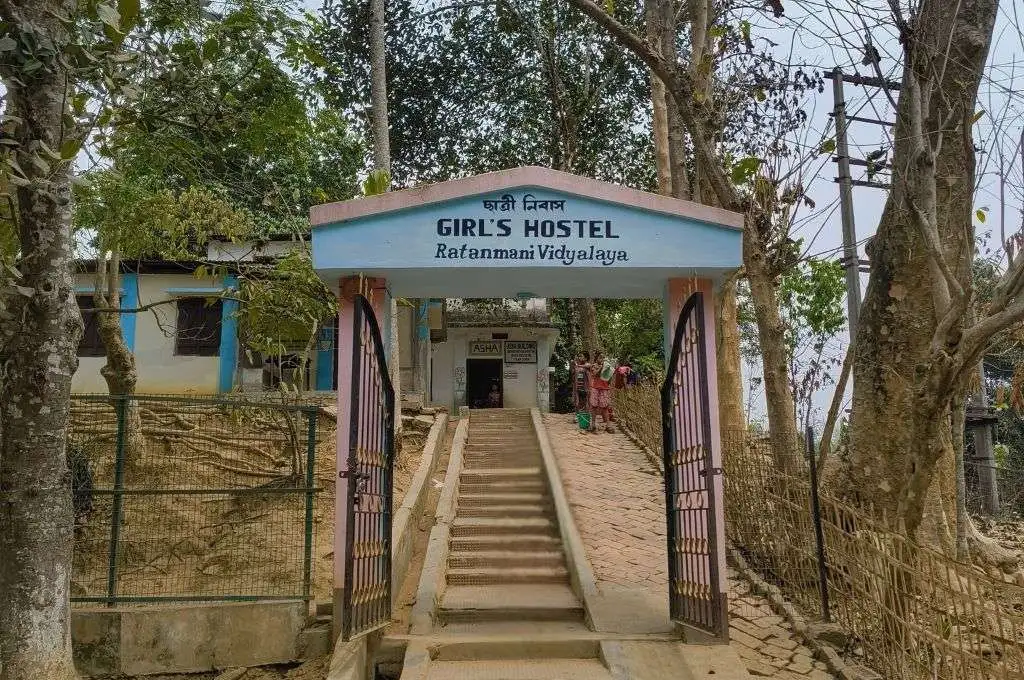READ THIS ARTICLE IN
Cut off at the last mile
The residents of Uttarakhand, which was established as a state 20 years ago, are still struggling due to a lack of basic transport infrastructure. Various villages such as Dumak, Kalgoth, Kimana, Palla, Jakhola, Lanji Pokhni, Dwijing, and so on, lack proper transportation facilities. These villages are home to around 500 families who have to walk for miles to manage their livelihoods. When it rains and snows, the roads are not even walkable. Furthermore, the pedestrian roads and bridges that connected these villages were damaged in the floods in 2013, and are yet to be repaired.
Crops such as rajma (red kidney beans), ramdana (amarnath grain), and potato are grown in this region. But without proper transportation, the products do not reach the market. The cost of transporting products to mandis (farmer’s markets) like Dehradun increases manifold.
Prem Singh Sanwal, a social worker and a pioneer of the road movement of Dumak village, says, “Even today, the people of these villages are resorting to horses and mules to market their cash crops. Due to this, farmers have to bear losses as a large amount of money is spent on freight.” A farmer from the village says, “The cost of renting a horse or a mule to take five quintal rajma to Gopeshwar or Joshi Math city is so high, that I am left with zero profits.”
Jeet Singh Sanwal and Pooran Singh of Dumak village say, “Despite being a border village, the basic problems remain as they were. Villagers have to walk for 18 kilometres to reach the road.” They further add, “The problem becomes even more severe when someone in the village is ill. In such a situation, people take the sick person with the help of a doli (palanquin). Sometimes the person dies on the way. During rain and snowfall, it is not even possible to take the patient to the hospital.”
After frequent agitation by villagers, under the Pradhan Mantri Gram Sadak Yojana, the government announced the approval of the Dhingharan-Syun-Vemru-Dumak Kalgoth roads, and the construction of roads in several other areas. But due to the arbitrariness of the construction agencies, in the last 17 years, the work has either stopped or is still due.
Mahanand Singh Bisht is a journalist and has 20 years of experience in social work. The original story was published by Charkha Features.
—
Know more: Read about why India needs a gender-sensitive transport system.



